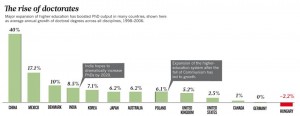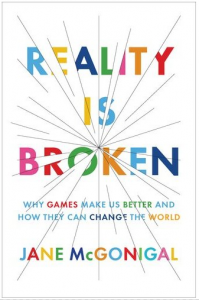I have just discovered Etherpad which lets you write collaboratively in really real time. The original code came from a Google project that has been wound down. There are, however, a number of projects that let you create public pads like iEtherPad and there is the Etherpad Foundation that is committed to maintaining the code.
I heard about this as an alternative to Twitter for a conference backchannell. The idea is that you create a public pad and share it with participants who can then edit a large responsive document together. In principle it sounds like one would get a better transcript and response to an event.



